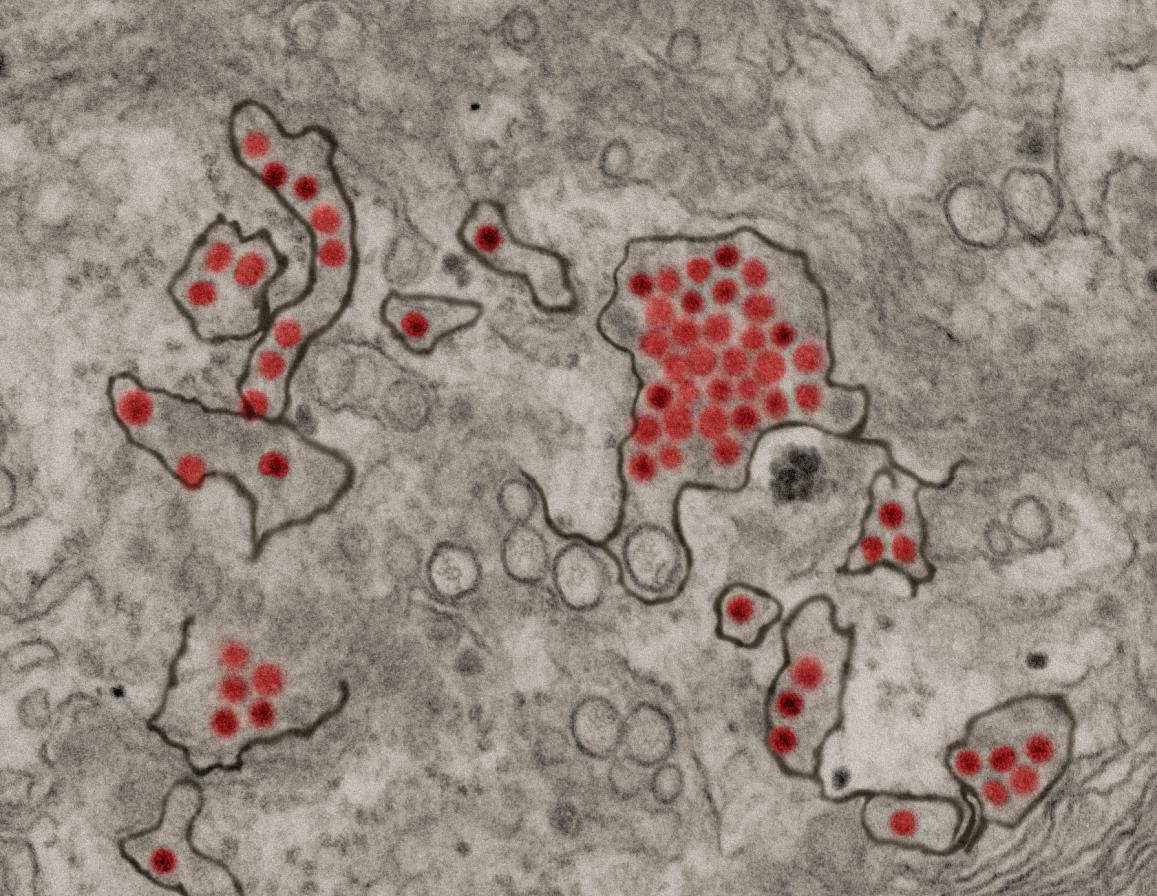Zika remains a research and public health challenge, say NIAID scientists
Since 2016, when Zika was declared by WHO as a public health emergency of international concern, the virus has become established in more than 80 countries, infected millions of people, and left many babies with birth defects (collectively called congenital Zika syndrome). Although scientists have made progress in their understanding of the virus and its mosquito carrier, and are working toward treatments and a preventive vaccine, it would be premature to think that the Zika pandemic is now under control and will not reemerge, perhaps more aggressively, say leaders from the National Institute of Allergy and Infectious Diseases (NIAID), part of the National Institutes of Health. The Journal of Infectious Diseases published online December 16 a special supplement of articles examining current scientific knowledge about the Zika virus and the key research questions that remain. The supplement was sponsored and edited by NIAID and features several articles written by NIAID scientists.
This page was last updated on Friday, January 21, 2022
